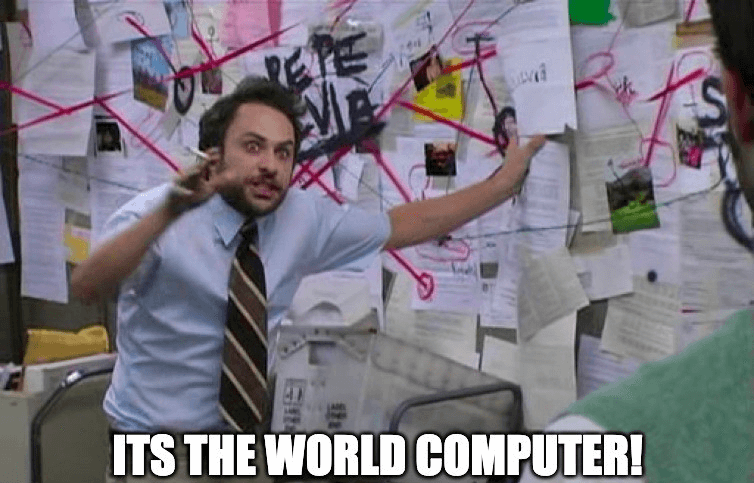Lead Ethereum Developer Warns Protocol Complexity is Out of Control
Lead core Ethereum developer Péter Szilágyi warns that Ethereum's complexity has gotten out of hand, and "if the protocol doesn't get slimmer, it's not going to make it."

Last week we were all high on the news that the Ethereum 2.0 merge succeeded in a testnet. Ethereum 2.0, now called The Merge, has been a long awaited improvement moving the blockchain from Proof of Work to Proof of Stake. This week, one of the longtime core developers for the Ethereum Protocol sobered us up.
Péter Szilágyi is a team lead, and 7 year veteran core developer, working on Ethereum. Péter’s warning came in a Tweet thread about how the complexity of Ethereum was getting out of hand. Complexity is a constant problem for software development. Many large companies like Google even have multi-month boot camps to educate new hires about their specific systems. Péter warned:
As good as it feels that we're approaching The Merge, I must emphasize that #Ethereum is not going in a clean direction. Tangentially it's achieving results, but it's also piling complexity like there's no tomorrow. If the protocol doesn't get slimmer, it's not going to make it.
He goes on to explain that he believes the root of the problem comes between theory and implementation. For Ethereum, much of the work is split up between researchers and development teams. Research teams can build up ideas that are effective in theory, but development teams have to make these new ideas integrate with every other component of the Ethereum protocol. As Péter puts it, developers need to “...juggle every single idea that was ever introduced, whilst surgically expanding the dimensionality of the space.”
Péter makes the point totally clear by saying:
We are already past the point of anyone having a full picture of the system. This is bad.
I can't say what the solution is, but my 2c is to stop adding features and start culling, even at the expense of breaking things.
There are less and less people knowing and willing to piece together a broken network. And each change pushes more away.
